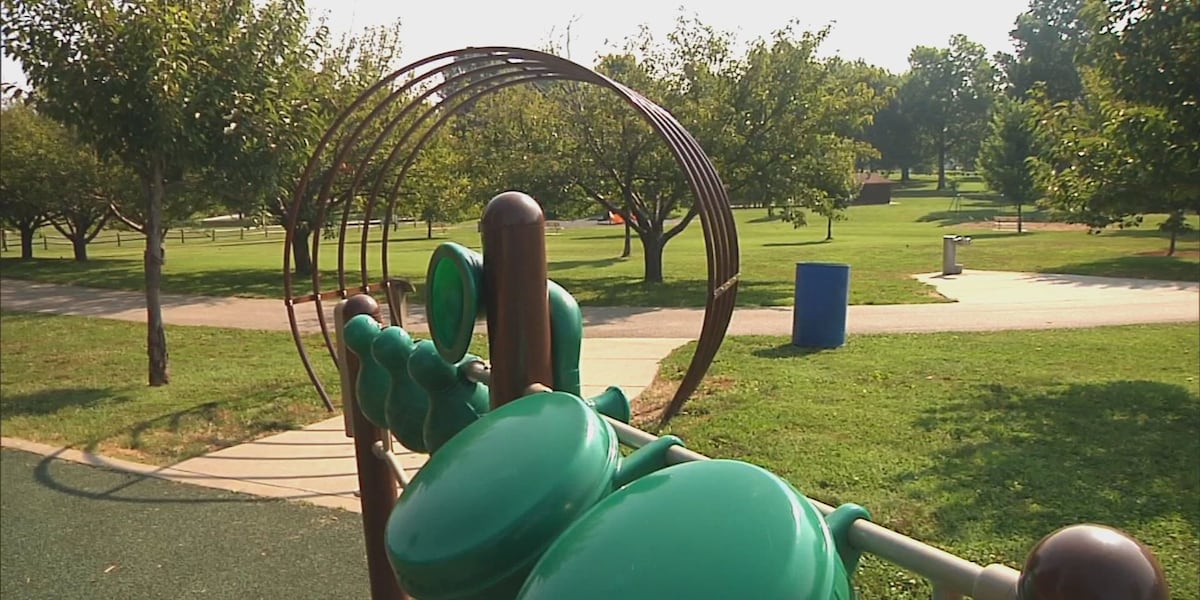Boost for Philippine Travel: Facial Recognition to Transform NAIA Passenger Experience

Manila, Philippines – Get ready for a smoother, faster journey through Ninoy Aquino International Airport (NAIA)! The New NAIA Infrastructure Corporation (NNIC) is set to roll out facial recognition technology across all four terminals, promising a significant upgrade to the passenger experience.
NNIC President Ramon Ang recently announced the ambitious plan, highlighting the technology's potential to dramatically improve the processing of both international and domestic travellers. This move aligns with the broader efforts to modernize the airport and enhance its operational efficiency.
What Does This Mean for Passengers?
The implementation of facial recognition technology aims to streamline several key processes:
- Faster Check-in & Boarding: Imagine skipping long queues at check-in counters and boarding gates. Facial recognition can expedite these processes, reducing wait times and getting you to your destination quicker.
- Enhanced Security: The technology will bolster security measures by providing an additional layer of verification and identifying potential risks more effectively.
- Improved Baggage Handling: Facial recognition can potentially be integrated with baggage handling systems, ensuring luggage is correctly routed to the right passengers.
- Seamless Transfers: For passengers with connecting flights, facial recognition can facilitate quicker and more efficient transfers between terminals.
A Modernization Effort
This initiative forms part of the wider, multi-billion peso modernization project underway at NAIA. The project, led by NNIC, aims to transform the airport into a world-class hub, capable of handling increasing passenger volumes and meeting international standards. The introduction of facial recognition is a key component in achieving this goal, demonstrating a commitment to innovation and passenger satisfaction.
Privacy Considerations
While the benefits are clear, NNIC will need to address privacy concerns surrounding the use of facial recognition technology. Expect robust data protection measures and transparency regarding how passenger data is collected, stored, and utilized. Details on these measures are expected to be released in the coming weeks as the implementation progresses.
The rollout of facial recognition technology at NAIA marks a significant step forward for Philippine aviation. By embracing innovation, NNIC is paving the way for a more efficient, secure, and enjoyable travel experience for all.
Stay tuned for updates on the implementation timeline and further details on this exciting development.






